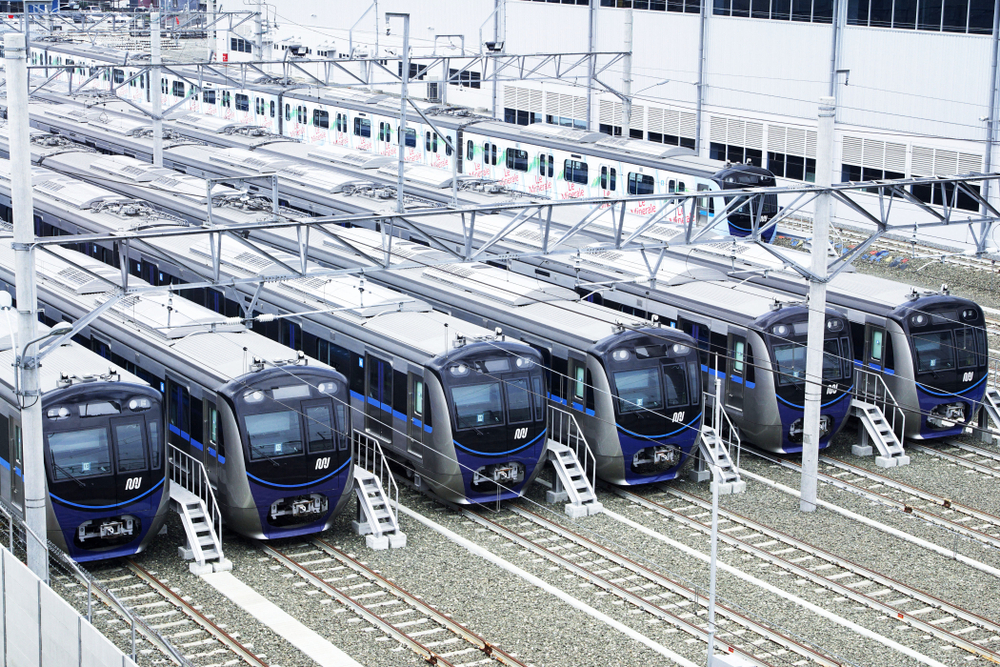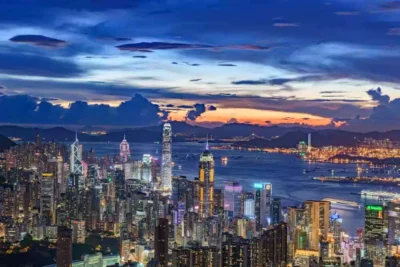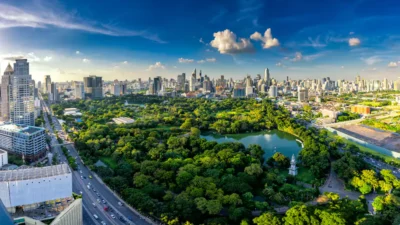Indonesia says it is ready to invest $40 billion on a metro network project
One that can easily compete with Hong Kong and Singapore’s
According to PT MRT Jakarta, they are prepared to allocate around USD40 billion on the extension of the capital’s metro network. Bloomberg revealed that these expenses would help boost the construction firms in the country, as well as resurrect the feud between China and Japan over the project.
The head operator of the subway explained that the capital proposal is part of President Joko Widodo’s plan to form a USD7 trillion economy by 2045. Even though his administration has already disclosed their intent to spend around USD455 billion on infrastructure in the next five years, it was only until this month when the policymakers decided to completely divulge the details.
President director of PT MRT Jakarta William Sabandar said that they are currently choosing financiers to fund the expansion project. Aside from the partially opened line this year, they are planning to add six more to compete with the ones in Singapore and Hong Kong in terms of length.
“We have a target of building 230 kilometres by 2030, that’s the masterplan. We only have 16 kilometres right now so the key is how we can do this in an accelerated way. We can no longer just build them one by one,” said Sabandar.
Upgrading Indonesia’s rail network is a vital step in achieving Jokowi’s desire to improve the country’s overall infrastructure by accelerating the flow of people and goods, as well as easing the congestion problem.
However, all his previous endeavours of building powerplants, dams, and ports have exhausted most of the state-owned construction firms and banking systems’ resources.
For the president’s plan to materialise, they would require financial support from abroad, which would mean reigniting the rivalry between Japan and China, explained Yayat Supriatna, a transportation analyst at Trisakti University in Jakarta.
“We have to acknowledge that Indonesia doesn’t have the technical capabilities and the financial resources for this,” added Supriatna. With China and Japan in competition, “we can make sure that we can pick the offer that gives us the best benefit.”
Recommended
6 sights to spot in Jardine’s Lookout, Hong Kong
With its sumptuous harbour vistas, this low-density area is one of the most sought-after in Hong Kong
Meet the architect rethinking disability in urban spaces and how cities can be reimagined
Author David Gissen outlines his vision for urban development that takes the needs of disabled citizens into consideration
Why Asia’s mixed-use developments are the future of real estate
Dynamic integrated communities are fusing real estate with commercial, leisure, and other amenities
Transforming cities worldwide: Surbana Jurong’s vision for the future
Surbana Jurong excels in master planning, infrastructure, and urban development







